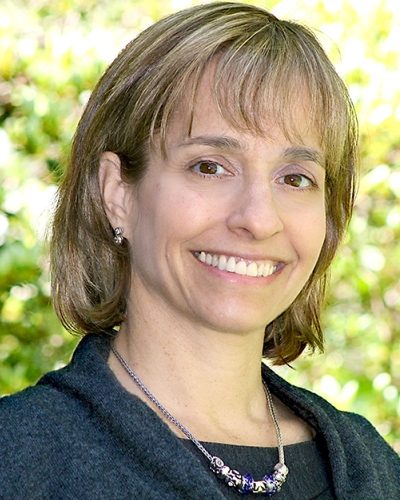This past Shabbat was a wakeup call.
On one hand, it was a wakeup call to the painful world we have created for our kids through our indifference. Our kids have grown up in a post-Columbine world where mass-shootings have become common headlines and common realities. Whether we are longtime gun owners or whether even being near a gun fills us discomfort, we all can agree that gun violence in our schools, on our streets, in our kids’ lives or anywhere is abhorrent.
On another hand, last Shabbat was a wakeup call for us to get ready for Passover. It was called Shabbat Hagadol meaning the Great Sabbath. Some say this special Shabbat was given its name during the Middle Ages because the rabbi’s sermon was long as he (in those days there were only male rabbis), reviewed the preparations that would be necessary for the upcoming holiday. Others say that the Great Sabbath was given its name for the haftarah that speaks of the great day that will come when Elijah will let us know a messianic time has arrived. Either way, the arrival of Shabbat Hagadol tells us that we had better start solidifying our Passover plans, menus, and seder experience.
Surprisingly and fittingly, I found myself on Shabbat Hagadol, the “great Sabbath” before Pesach, at the March for Our Lives in Parkland, Florida. My family and I were making a grandparent visit and wanted to attend a march only to learn that the closest march was in the actual city where the February 14th massacre took place.
The reflections at the rally were shared by Marjory Stoneman Douglas High School teachers, bereft parents, students who were physically and emotionally wounded, and a community mourning the seventeen students and teachers who were murdered in their school just six weeks earlier. There were calls for healing for those who were injured and for those have lost their loved ones. There were prayers and tears of memory for shining children, students, teachers, and coaches who were stolen from our world. There were offerings of gratitude for the community and country’s compassion and action. And there were calls that reflected the outrage of the Biblical Prophets of old. What kind of country are we that our students are more worried about bullet proof school yards and schools than their studies? What kind of society are we that our politicians can be so easily bought by the NRA and the gun lobby? When is enough, enough?
As we prepare for Pesach, let us bring this conversation to our seder tables as we realize that the march for our lives reflected just the first steps in the marathon of working to create change. Bullets don’t discriminate and gun violence is affecting human beings across of our country and across every line of difference. If we can find common ground at our seder tables, then perhaps we can find common ground at our legislative tables and one day our schools can return to their primary focus of education.
THE FOUR CHILDREN WHO SURVIVED MASS SHOOTINGS (to be shared at your seder table)
The student of Columbine, who witnessed the 1999 massacre in his high school asks: “How could such evil happen in the hallways of my school?”
The Virginia Tech college student who saw the 2007 massacre and wept at the makeshift memorial questions: “Why are we not safe on our college campuses?”
The second grade survivor of Sandy Hook Elementary School’s 2013 mass shooting who is too young to ask: “Will I ever be safe?” but his restlessness and sleeplessness speak for him.
The youth of Parkland, too angry to ask, who are instead demanding of our elected officials,
“If you do not change the access to guns and make our students safe, then we will hold you accountable and put someone in office who will.”
Link to more Passover Seder resources from Rabbi Judy Schindler




